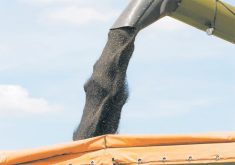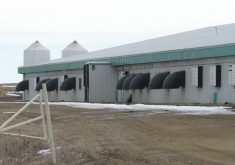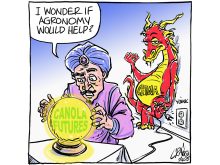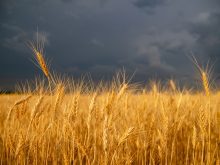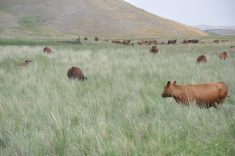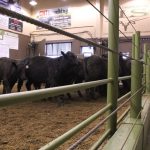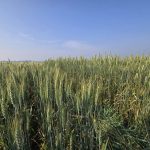It’s pretty hard to vote against something called the Save Lake Winnipeg Act.
Saving anything, whether it’s money, water, small animals or hungry people, comes with a strong, positive political image. That kind of image can go a long way before and during an election campaign, which the people of Manitoba recently endured.
Yet at least 14 Manitoba farm and commodity groups are hoping that the government can see beyond the act’s name and contemplate its implications.
It was passed by Manitoba’s NDP government before the election, with support from the opposition Progressive Conservatives but without supporting regulations. The NDP was re-elected, but now that the silly season is over, perhaps the hype will die down and the government will take a measured and scientific approach to crafting the regulations.
Read Also
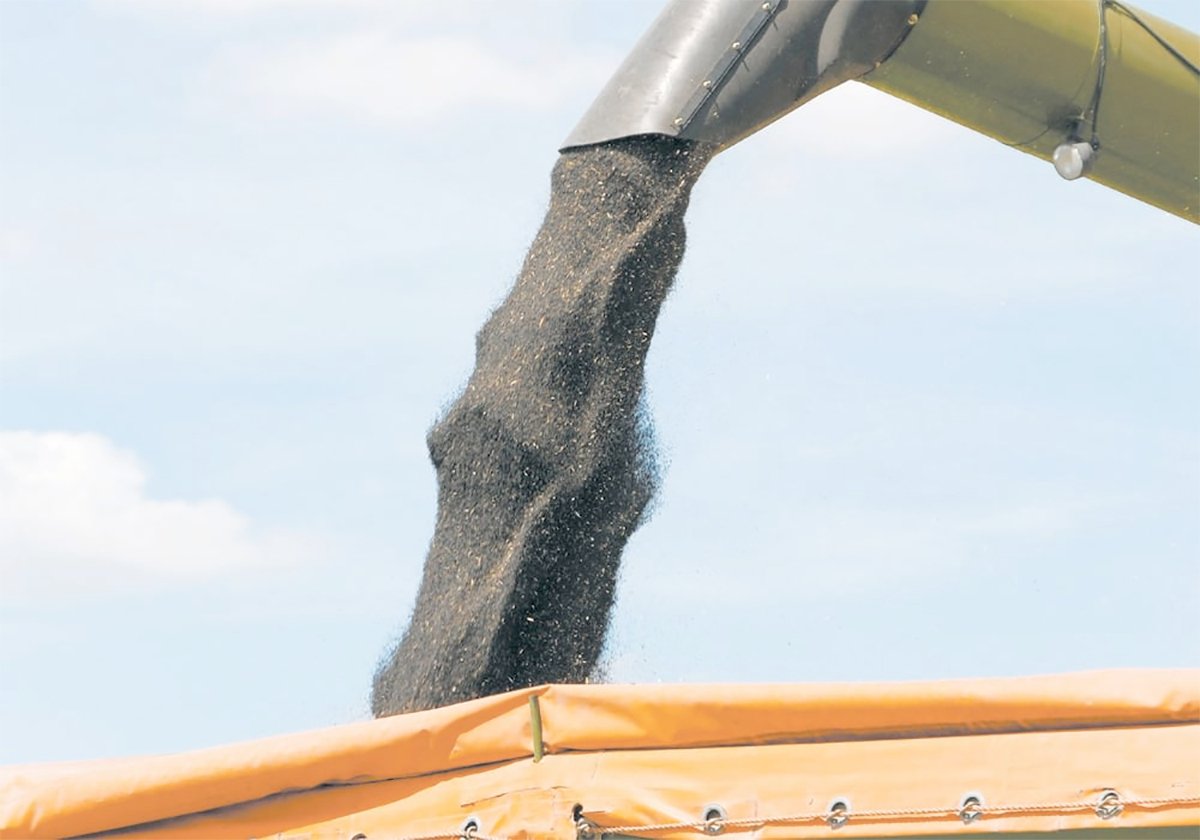
Determining tariff compensation will be difficult but necessary
Prime minister Mark Carney says his government will support canola farmers, yet estimating the loss and paying compensation in an equitable fashion will be no easy task, but it can be done.
Save Lake Winnipeg has already taken a serious run at hog producers by essentially putting a moratorium on any expansion in the industry. Previously, the province’s environment act confined hog barn expansion or construction to certain areas listed in a schedule. After Save Lake Winnipeg was passed, the confinement was applied to every part of Manitoba.
Any new or expanded hog barn now requires the equivalent of a sewage treatment plant, which is prohibitively expensive – and unnecessary. Manure remains a better option than the high-phosphorus synthetic fertilizer used on crops, but the act also bans manure spreading between November and April.
Premier Greg Selinger singled out the hog industry for special mention when he rolled out the act. He said he would “stop hog manure from flowing into Lake Winnipeg.”
It’s hard to fathom why the hammer fell first on hog producers, when hog barns are already strictly regulated across the province. A mega-head cattle feedlot is permissible without restriction, but hog farmers cannot add even a few sows under the new legislation.
In addition, hog barns create a small part of agricultural phosphorus; crop fertilization is by far the bigger source.
That is partly what concerns Manitoba’s agricultural groups. If the government plans to blame Lake Winnipeg’s problems on farming, it could next turn its restrictive sights on crops and other livestock.
But in fact, Lake Winnipeg is under stress from many angles. One study said 50 percent of the phosphorus creating the lake’s algae problem comes from outside Manitoba. That’s a wider watershed problem that involves all of the western prairies in the U.S. and Canada. Meanwhile, Manitoba municipalities are dumping their waste into creeks that feed into the lake.
Agriculture is not the main issue, but this must be made clear to the government. Agricultural groups are united in seeing the hog industry regulations as the thin edge of the wedge. Indeed, the act’s passage put all of Manitoba’s largest farm organizations on the same page, which must be a historic event.
Even the Manitoba chambers of commerce and Maple Leaf Foods joined in the objections, declaring the act detrimental to the provincial economy – and rightly so. If the Save Lake Winnipeg Act is not managed properly, it could significantly affect agriculture and agrifood in Manitoba, which together make up 9.5 percent of the province’s gross domestic product and 14 percent of employment.
Unfortunately for farmers, almost all of the NDP government MLAs were elected within the perimeter highway surrounding Winnipeg. There is clearly a significant rural-urban divide in Manitoba.
To his credit, the premier has said he will represent all Manitobans, not just city dwellers. This is a great opportunity to prove it – and save (there’s that word again) a vital part of the economy. There is time to get it right.
Bruce Dyck, Terry Fries, Barb Glen, D’Arce McMillan and Joanne Paulson collaborate in the writing of Western Producer editorials.




